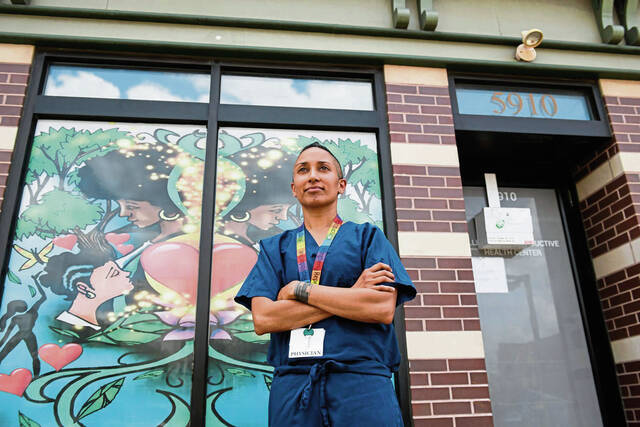In the coming months, Americans will have the opportunity to do the most patriotic thing they can do for their country: roll up their sleeves and get a vaccine for covid-19.
The push to develop a vaccine for covid-19 is truly unprecedented. Coronaviruses were first detected in humans in 1965. In all of the time since, we have never successfully developed a vaccine for one. At the turn of the 21st century, the outbreaks around the world caused by SARS and MERS (both human coronaviruses) pushed the global community to start developing vaccines for coronaviruses. We were able to use the lessons learned from those experiences to give us a head start for developing vaccines for covid-19.
Across the world, there have been more than 100 different vaccines in development for covid-19. Two of the most promising vaccines are from Pfizer and Moderna. Both are a type of vaccine we have never been able to develop and deploy successfully. These new vaccines work by introducing a single-stranded molecule of ribonucleic acid into your body (known as messenger RNA or mRNA) that is coded for a disease-specific antigen and helps your immune system gear up to be ready to respond to covid-19.
The new RNA vaccines are different from conventional vaccines for viruses in key ways. First, many conventional vaccines are made with either pathogen particles or inactivated pathogens. They work by stimulating your body to create an immune response. RNA vaccines are not made with pathogens — they instead take advantage of the way in which cells in the body make proteins to create an immune response.
Second, many conventional vaccines can be slow to produce because they are literally made from viruses that are grown in chicken eggs or mammalian cells. This is a detailed process that can take many months to complete. RNA vaccines are synthesized and sequenced in a lab and can be produced in a week or less. Thus, it should be much easier to scale up an RNA vaccine for mass production than many conventional vaccines.
The fact that RNA vaccines are so new and novel has led some to worry about whether or not they should get one. After all, what do we really know about these new vaccines? The truth is that RNA vaccines are the wave of the future. Years from now people will look back at this point in history and say — can you believe they used to make vaccines using chicken eggs? As with so much in our lives, technology has changed our ability to develop and mass-produce vaccines, and we should all consider that to be a good thing.
The United States has a subset of its population that relies on discredited science and conspiracy theories to spread fear and misinformation about all vaccines. These individuals already have turned their sights on the covid-19 vaccine and have begun to misinform the public. Don’t allow people who are spreading misinformation to impact your decision to get a vaccine.
The reality is that we have a rigorous and detailed process in this country for evaluating the safety and efficacy of all vaccines. In fact, the clinical trial process for evaluating drugs and vaccines is considered to be the gold standard in scientific research. The covid-19 vaccines from Pfizer and Moderna have gone through three phases of clinical trials that have been vetted carefully and evaluated by experts at the U.S. Food and Drug Administration (FDA).
The RNA vaccines under the final stages of review and approval for covid-19 have gone through the FDA process and have done very well. In fact, Pfizer has applied for emergency authorization for its vaccine, and it is set for shipments in mid-December. Both vaccines have demonstrated over 90% effectiveness. Both appear to be safe.
Therefore, when the time comes for you to roll up your sleeve, you can have confidence you are doing the right thing for yourself, your family, your community and your nation.
Dr. David Dausey, an epidemiologist, is executive vice president and provost at Duquesne University and a full professor in Duquesne’s John G. Rangos Sr. School of Health Sciences. He is also a distinguished service professor of health policy at Carnegie Mellon University.








